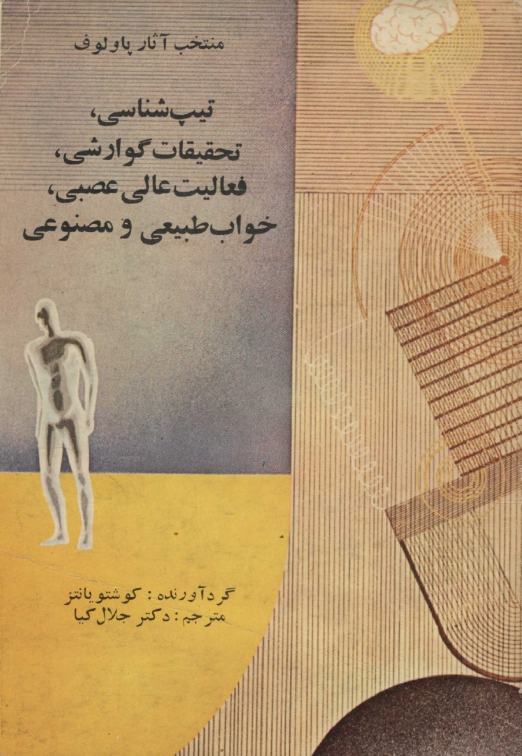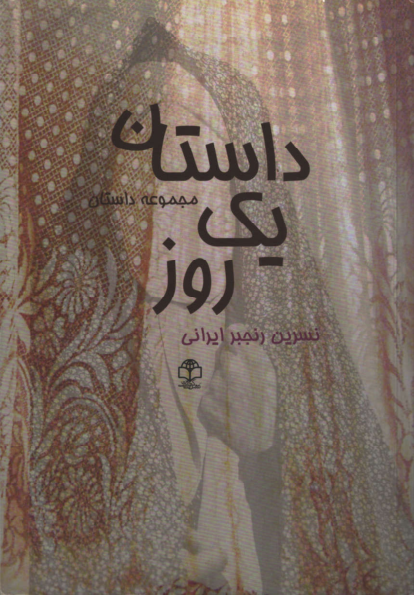Edited by :Susan M. Akram, Michael Dumper, Michael Lynk, and Iain Scobbie
The precepts of modern international law and the decades-old Israel–Palestine conflict has had a long, tangled, and disquieting relationship. Born at the same time in the immediate aftermath of the Second World War, and shaped by some of the same social forces unleashed by the War, the two phenomena have matured in the shadow of each other. Yet, while one has developed into a respected and substantial body of universal legal principles, the other has metastasized into a destructive struggle that has contaminated the entire Middle East and beyond. The tragic irony is that the Israel–Palestine conflict has contributed decisively to the content of modern international law in a number of significant areas – giving enhanced meaning to such concepts as belligerent occupation, the rights of refugees, the prohibition on the acquisition of territory by conquest, the legal status of civilian settlements in occupied lands, the concept of terrorism, and the rules of war and resistance – while its numerous victims have received few of the benefits that the
emerging rule of law on international conflicts has promised to endow.
 کتاب سل Ketab Sell | کتاب سل، بزرگترین منبع کتاب و جزوههای دانشجویی
کتاب سل Ketab Sell | کتاب سل، بزرگترین منبع کتاب و جزوههای دانشجویی








Reviews
There are no reviews yet.